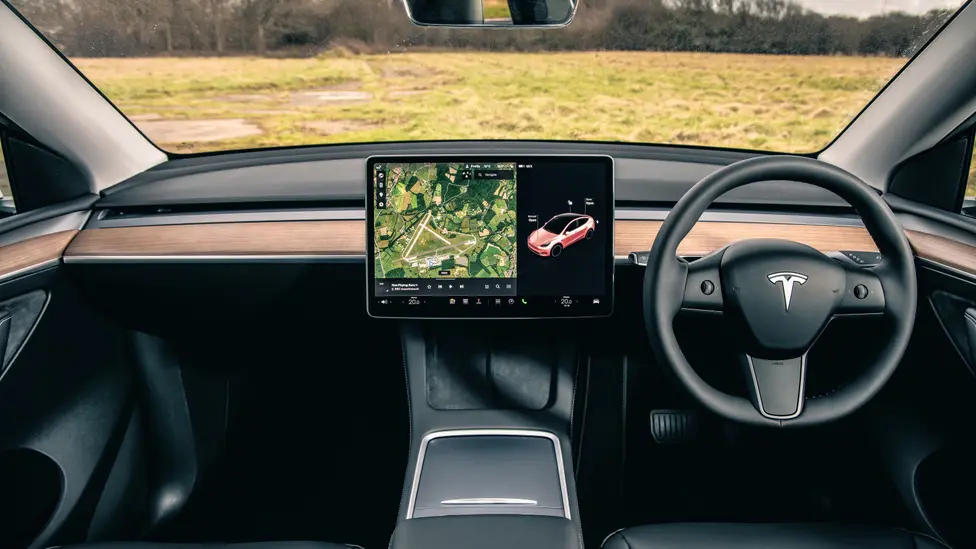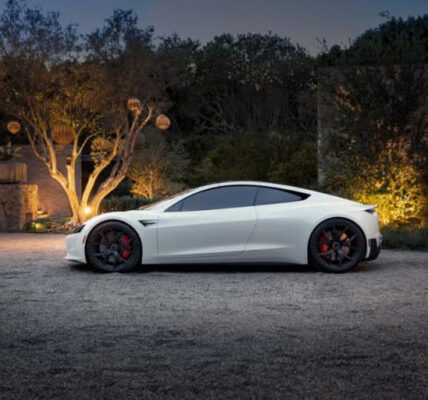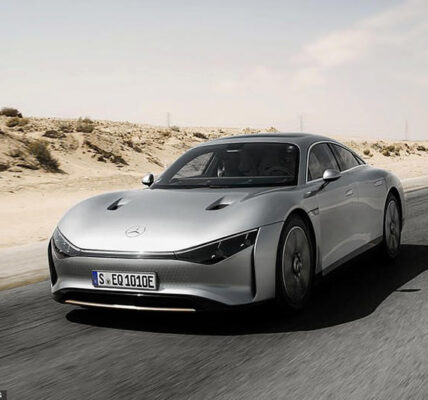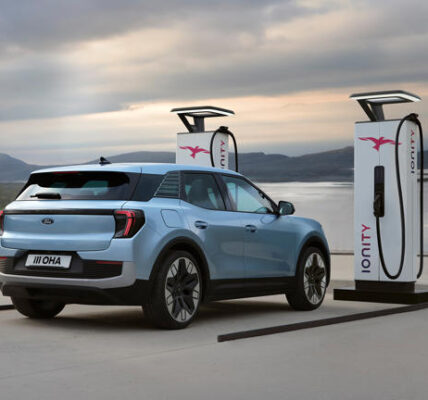Exploring the Future of Electric Cars: V2G Technology and Free Charging Tariffs
Discover how V2G technology is shaping the future of electric vehicles and enabling free charging tariffs for environmentally conscious drivers.
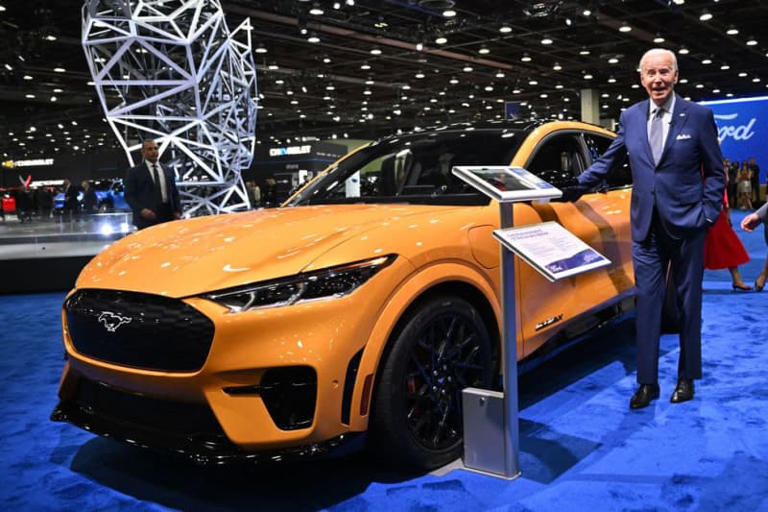 Electric cars are not just vehicles; they’re evolving into powerful assets that can revolutionize the way we consume and distribute energy. Recently, Octopus Energy made waves by introducing a groundbreaking tariff called the Octopus Power Pack. This tariff offers free charging for electric vehicle owners, but with a twist—it’s exclusively available for cars equipped with V2G technology.
Electric cars are not just vehicles; they’re evolving into powerful assets that can revolutionize the way we consume and distribute energy. Recently, Octopus Energy made waves by introducing a groundbreaking tariff called the Octopus Power Pack. This tariff offers free charging for electric vehicle owners, but with a twist—it’s exclusively available for cars equipped with V2G technology.
V2G, or vehicle-to-grid technology, is the secret sauce behind this innovative tariff. It allows electric cars to do more than just drive; they can also serve as mobile energy storage units, supplying excess energy back to the grid when needed. This concept opens up a world of possibilities for grid stability and renewable energy integration.
The brains behind Octopus Power Pack, Alex Schoch, Head of Flexibility at Octopus, believes that we’ve only scratched the surface of what electric cars can do. With over a million electric vehicles on UK roads, the potential for leveraging their batteries as energy storage units remains largely untapped. As the number of electric cars on the road climbs towards 10 million, the collective energy storage capacity could be enough to power Great Britain during peak times.
However, there’s a catch—not all electric cars are created equal when it comes to V2G technology. Currently, only a handful of models, including the Nissan Leaf, Cupra Born, and Mitsubishi Outlander, come equipped with this game-changing feature. To truly unlock the potential of V2G technology, there’s a pressing need for more car manufacturers to hop on the bandwagon and incorporate compatible technology into their models.
The benefits of V2G technology extend beyond free charging for electric vehicle owners. It’s a win-win situation for both drivers and the grid. By plugging their cars into the Octopus Power Pack charger for about six hours each day, electric car owners can not only charge their vehicles for free but also contribute to grid stability. The charger operates seamlessly, leveraging off-peak times to charge up and providing extra energy back to the grid when demand peaks.
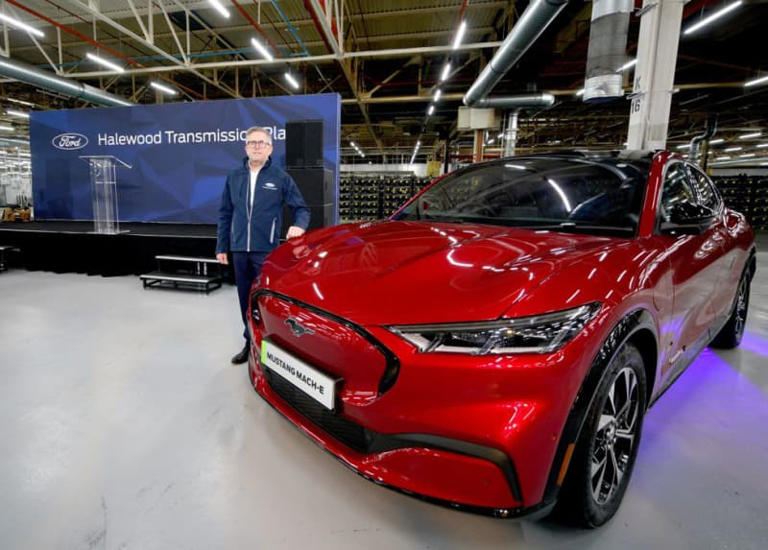 For those who don’t have V2G-compatible electric vehicles, there’s still hope. While they may not qualify for free charging under the Octopus Power Pack tariff, they can explore alternative ways to leverage their electric car batteries. For instance, in emergencies or while traveling, they can tap into their car’s battery to power devices—a handy feature that adds an extra layer of utility to electric vehicles.
For those who don’t have V2G-compatible electric vehicles, there’s still hope. While they may not qualify for free charging under the Octopus Power Pack tariff, they can explore alternative ways to leverage their electric car batteries. For instance, in emergencies or while traveling, they can tap into their car’s battery to power devices—a handy feature that adds an extra layer of utility to electric vehicles.
The introduction of the Octopus Power Pack tariff signals a significant step towards a greener and more sustainable future. It’s a testament to the evolving role of electric cars in our energy ecosystem. As the transition to renewable energy gains momentum, electric vehicles equipped with V2G technology are poised to play a pivotal role in balancing supply and demand on the grid.
But the journey doesn’t stop here. The success of initiatives like the Octopus Power Pack hinges on collaboration and innovation across industries. Car manufacturers must prioritize the integration of V2G technology into their future models, paving the way for a more V2G-compatible electric vehicle market.
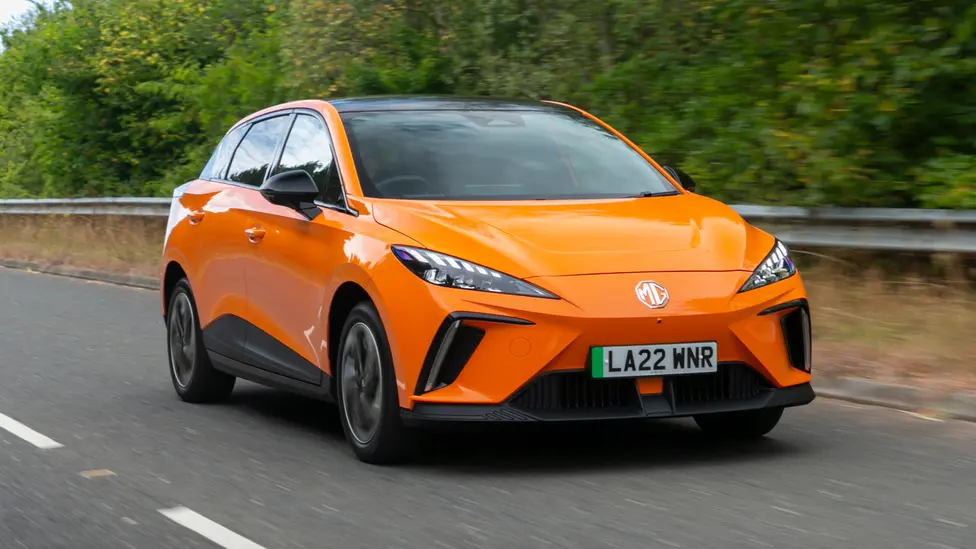 The Octopus Power Pack tariff isn’t just about saving money—it’s about driving positive change. By incentivizing the adoption of V2G technology, Octopus Energy is empowering electric car owners to be part of a cleaner, more resilient energy future. It’s a win for the environment, a win for consumers, and a win for the grid.
The Octopus Power Pack tariff isn’t just about saving money—it’s about driving positive change. By incentivizing the adoption of V2G technology, Octopus Energy is empowering electric car owners to be part of a cleaner, more resilient energy future. It’s a win for the environment, a win for consumers, and a win for the grid.
In conclusion, V2G technology represents a paradigm shift in the way we think about electric vehicles. It’s not just about reducing emissions; it’s about reimagining the role of cars in our energy landscape. With initiatives like the Octopus Power Pack leading the charge, the future of electric cars—and our planet—looks brighter than ever before.
